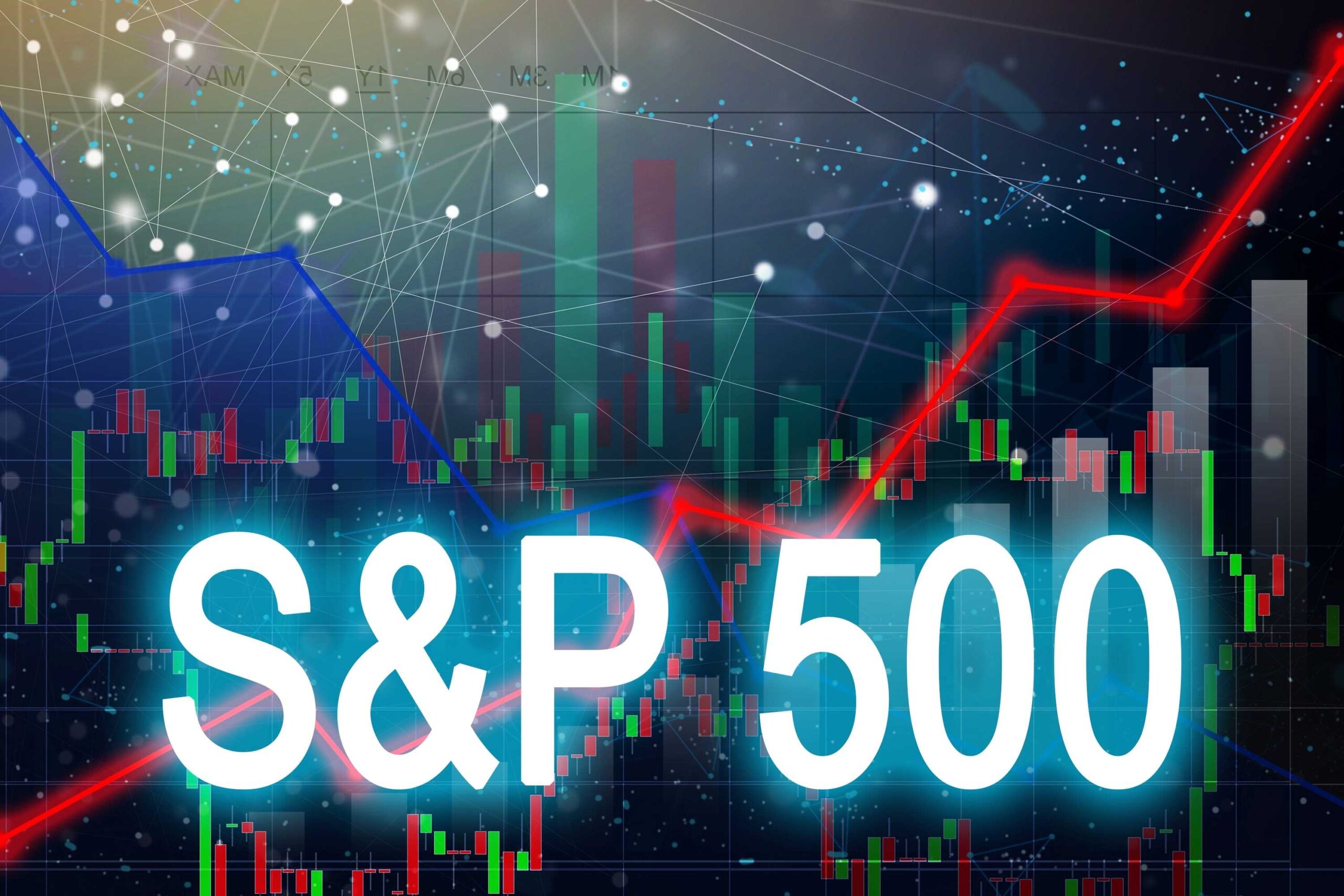
Forget Yul Brynner, Steve McQueen et al. There is another more significant septet in the United States these days.
The original version of ‘The Magnificent Seven’ was released in 1960 and remains to this day an iconic Western film. However, the term ‘Magnificent Seven’ now has a very different meaning for many in the US. Today’s group consists of seven US technology companies, most of which are household names (or owners of household names):
- Apple, maker of the ubiquitous iPhone and the largest US company with a value of $2,600bn (at the end of October 2023).
- Alphabet is the name of the company that was once known as Google. Need we say more?
- Microsoft, the software company founded by Bill Gates and famous today not only for Windows and Office, but also its heavy involvement in the development of artificial intelligence (AI).
- Amazon.com, the internet bookstore that now dominates online retailing and is a major force in cloud computing.
- Nvidia is the developer of the cutting-edge chips used in nearly all AI computing. Its shares have soared in value along with the AI boom.
- Meta is the new name that Mark Zuckerberg gave Facebook about two years ago. Like Alphabet, its main income is derived from advertising.
- Tesla, the company led by Elon Musk that almost single-handedly created the electric vehicle market.
The first six companies fill the first six rungs in the main US stock market index, the S&P 500. Tesla, which fell sharply in October after disappointing quarterly results, is separated from the rest by a single company, Berkshire Hathaway, the conglomerate run by the legendary 93-year-old investor, Warren Buffet.
The modern-day Magnificent Seven are so large that together they account for around 27.5% of the S&P 500, the main US stock market index that covers 500 companies. The seven’s performance dominates the index to the extent that some professional investors have broken the index into two components – the Magnificent Seven and the S&P 493.
Funds investing in the mainstream US market cannot afford to ignore the Magnificent Seven, nor can most funds that have a global remit. Consequently, there is a good chance that if you hold such funds personally, in an ISA or your pension, you are indirectly invested in the Magnificent Seven.
The value of your investment and any income from it can go down as well as up and you may not get back the full amount you invested. Investing in shares should be regarded as a long-term investment and should fit in with your overall attitude to risk and financial circumstances. Past performance is not a reliable indicator of future performance.





